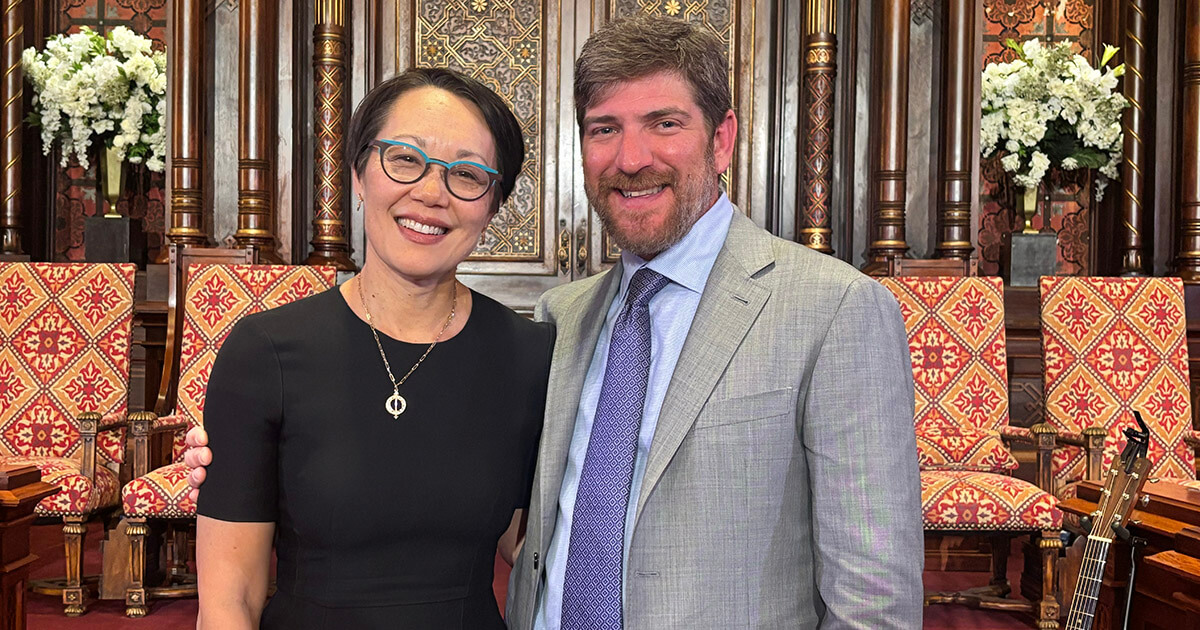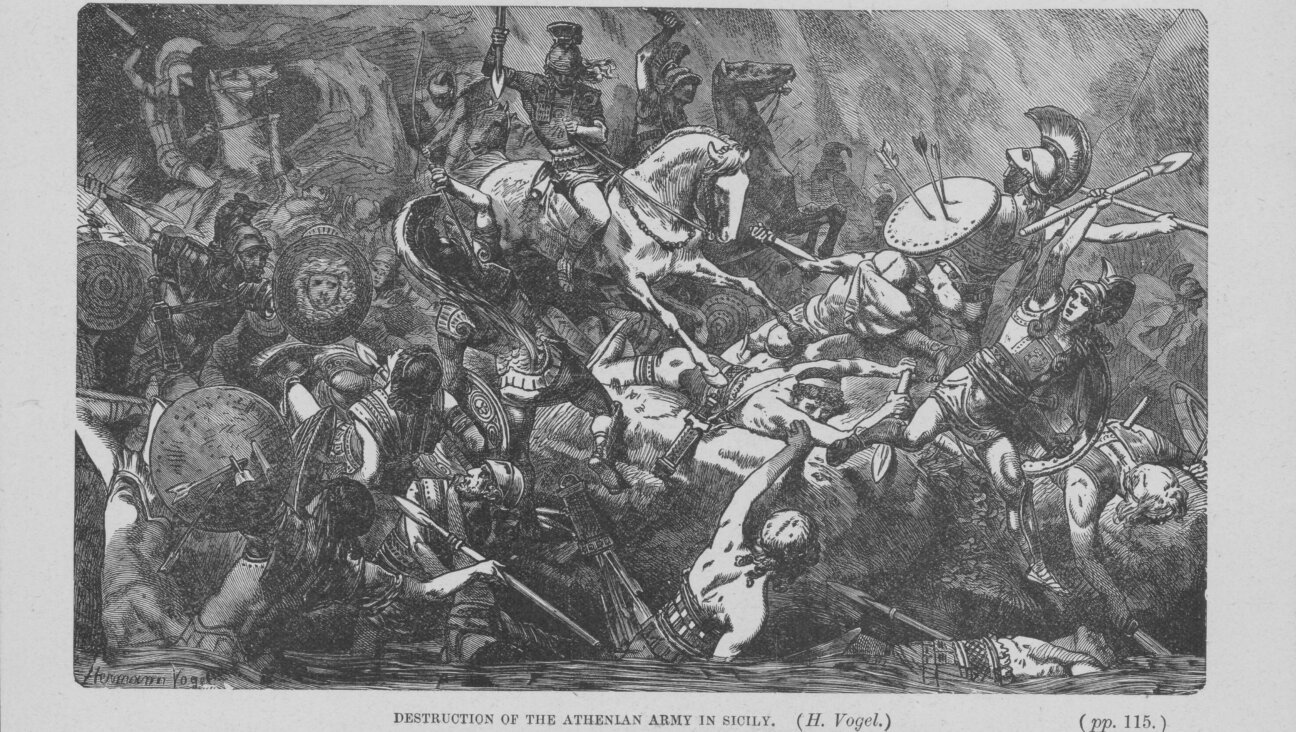To War or Not To War
Clausewitz’s famous line, that war is the continuation of politics by other means, probably was meant to be provocative, but it seems to me obviously true. The claim is equally obvious the other way around: Politics is the continuation of war by other means. It is very important, however, that the means are different. Politics is a form of peaceful contention, and war is organized violence. All the participants, all the activists and militants, survive a political defeat (unless the victor is a tyrant, at war with his own people), whereas many participants, soldiers and civilians alike do not survive a military defeat — or a victory. War kills, and that is why the argument about war is so intense.
The theory of just war is, first of all, an argument about the moral standing of warfare as a human activity. The argument is twofold: that war is sometimes justifiable and that the conduct of war is always subject to moral criticism. The first of these propositions is denied by the pacifists, who believe that war is a criminal act; and the second is denied by the realists, for whom “all’s fair in love and war”: inter aram silent leges (in time of war, the laws are silent). So just war theorists set themselves in opposition to pacifists and realists, of whom there are a great number, although some of the pacifists are selective in their opposition to war and some of the realists have been heard, in the heat of battle, to express moral sentiments.
But just war theory is not only an argument about war in general; it is also the ordinary language in which we argue about particular wars. It is the way most of us talk when we join political debates about whether to fight and how to fight. Ideas like self-defense and aggression, war as a combat between combatants, the immunity of noncombatants, the doctrine of proportionality, the rules of surrender and the rights of prisoners- these are our common heritage, the product of many centuries of arguing about war. ”Just war” is nothing more than a theoretical version of all this, designed to help us resolve, or at least to think clearly about, the problems of definition and application.
I want to address two criticism of just war theory, because I have heard them often. The first is that those of us who defend and apply the theory are moralizing war, and by doing that we are making it easier to fight. We take away the stigma that always should be attached to the business of killing, which is what war always and necessarily is. When we define the criteria by which war and the conduct of war can be judged, we open the way for favorable judgments. Many of them will be ideological, partisan, or hypocritical in character and, therefore, subject to criticism, but some of them, given the theory, will be right: Some wars and some act of war will turn out to be “just.” How can that be, when war is so terrible?
But just is a term of art here: It means justifiable, defensible, even morally necessary (given the alternatives) — and that is all it means. All of us who argue about the rights and wrongs of war agree that justice in the strong sense, the sense that it has in domestic society and everyday life, is lost as soon as the fighting begins. War is a zone of radical coercion, in which justice is always under a cloud. Still, sometimes we are right to enter the zone. As someone who grew up during World War II, this seems to me another obvious point. There are acts of aggression and acts of cruelty that we ought to resist, by force if necessary. I would have thought that our experience with Nazism ended this particular argument, but the argument goes one — hence the disagreements about humanitarian intervention. The use of military force to stop the killing in Rwanda would have been, in my view, a just war. And if that judgment “moralizes” military force and makes it easier to use, well, I wish it had been easier to use in Africa in 1994.
The second criticism of just war theory is that it frames wars in the wrong way. It focuses our attention on the recent Iraq war, for example, on inspections, disarmament, hidden weapons, and so on — and then on the conduct of war, battle by battle; and so it avoids larger questions about imperial ambition and the global struggle for resources and power. It is as if citizens of the ancient world had focused narrowly on the conflict between Rome and some other city-state over whether a treaty had been violated, as the Romans always claimed in the lead-up to their attack, and never discussed the long history of Roman expansion. But if critics can distinguish between concocted excuses for war and actual reasons, why can’t the rest of us do the same thing? Just war theory has no fixed temporal limits: it can be used to analyze a long chain as readily as a short one. Indeed, how can imperial warfare be criticized if not in just war terms? What other language, what other theory, is available for such a critique? Aggressive wars, wars of conquest, wars to extend spheres of influence and establish satellite states, wars for economic aggrandizement — all these are unjust wars.
Just war is a theory made for criticism. But that doesn’t mean that every war has to be criticized. When I defended the recent war in Afghanistan, some of my own critics claimed that since I had opposed the American war in Vietnam and many of our little wars and proxy wars in Central America, I was now being inconsistent. But that is like saying that a doctor who diagnoses one patient with cancer is then obliged to provide a similar diagnosis for every other patient. The same medical criteria yield different diagnoses in different cases. And the same moral criteria yield different judgments in different wars. Still, the judgments are controversial, even when we agree on criteria: Read my piece on Kosovo, and then look for a second ion. You won’t have any difficulty finding one that differs from my own; and that is true for all my other arguments, too. The fact that we disagree, however, doesn’t make just war different from any other moral (or political) concept. We give different accounts of the same military action, and we also give different accounts of the same election. We disagree about corruption, discrimination, and inequality even when we talk about all three in the common language of democratic theory. Disagreements don’t invalidate a theory; the theory, if it is a good one, makes the disagreements more coherent and comprehensible.
Ongoing disagreements, together with the rapid pace of political change, sometimes require revisions of a theory. My own judgments since “Just and Unjust Wars” (1977) have been, I like to think, fairly consistent. But I have changed my mind or shifted the emphasis of my arguments about a few things, which seems right to acknowledge here. Faced with the sheer number of recent horrors — with massacre and ethnic cleansing in Bosnia and Kosovo; in Rwanda, the Sudan, Sierra Leone, the Congo, and Liberia; in East Timor (and earlier, in Cambodia and Bangladesh) — I have slowly become more willing to call for military intervention. I haven’t dropped the presumption against intervention that I defend in my book, but I have found it easier and easier to override the presumption. And faced with the reiterated experience of state failure, the re-emergence of a form of politics that European historians call “bastard feudalism,” dominated by warring gangs and would-be charismatic leaders, I have become more willing to defend long-term military occupations, in the form of protectorates and trusteeships, and to think of nation building as a necessary part of postwar politics. Both of these shifts also require me to recognize the need for an expansion of just war theory. Jus ad bellum (which deals with the decision to go to war) and jus in bello (which deals with the conduct of the battles) are its standard elements, first worked out by Catholic philosophers and jurists in the Middle Ages. Now we have to add to those two an account of jus post bellum (justice after the war). I wrote a section on justice in settlements in “Just and Unjust Wars,” but it is much too brief and doesn’t even begin to address many of the problems that have arisen in places like Kosovo and East Timor and, recently, in Iraq. More work is necessary here, in both the theory and practice of peacemaking, military occupation and political reconstruction.
I have called these arguments about war “ongoing.” In fact, they are probably endless. There has been an effort to abolish war — it is reflected in the United Nation’s charter — by treating aggression as a criminal act and describing any response as a “police action.” This is what the Chinese call, or used to call, “rectification of names.” But we can’t change reality by changing the way we talk about it as we can see in the original case: The U.N. police action in Korea in 1950 is called a war by all its historians. Still, the impulse lingers. We saw it at work in the immediate aftermath of September 11, 2001, when many people in the United States and Europe insisted that the attack was a crime and that we should not go to war (as we soon did in Afghanistan) but should call the police instead. I thought of this as the “dial 911” response to 9/11, and it would have been a perfectly plausible response if anyone were answering the phone. In a global state with a monopoly on the legitimate use of force, calling the police would be the right response to violence. Crime, the pursuit of the criminal by the police, and the trial and the punishment of the criminal — these three would exhaust the field of action; we would read about war only in the history books. But that is not a description of the world we live in, and even if a global state ought to be our goal (I raise some doubts about that in the last of these essays), it is a great mistake to pretend that we are already there.
So we are doomed to continue arguing about war; it is a necessary activity of democratic citizens.















